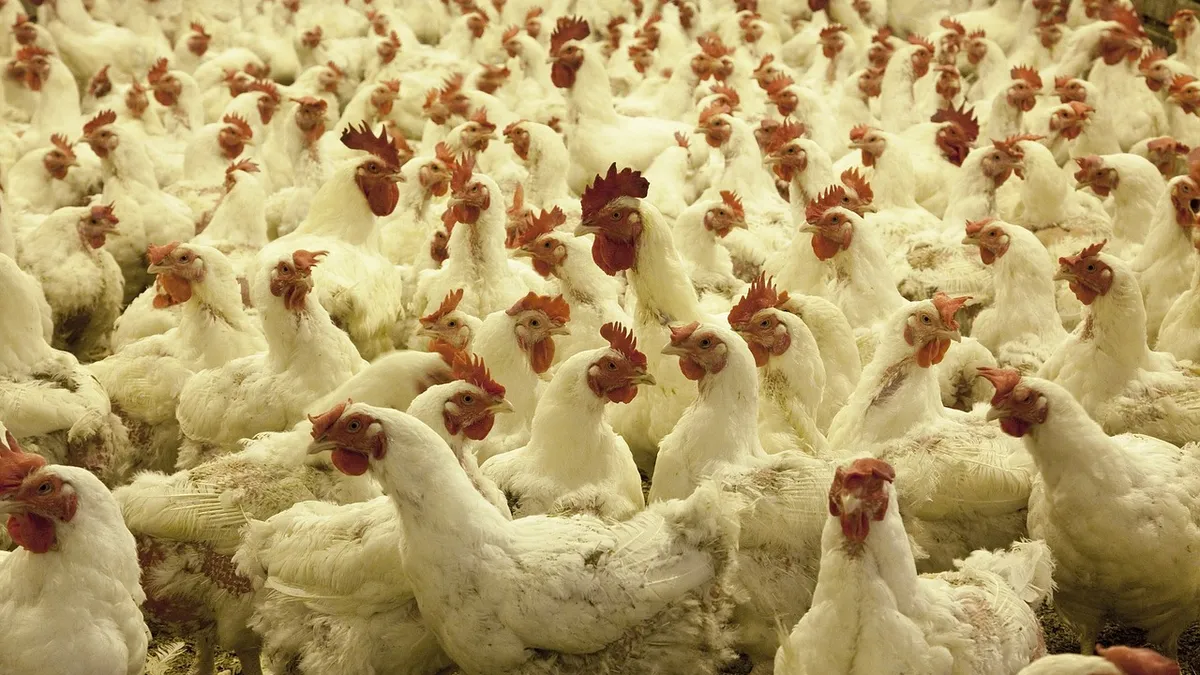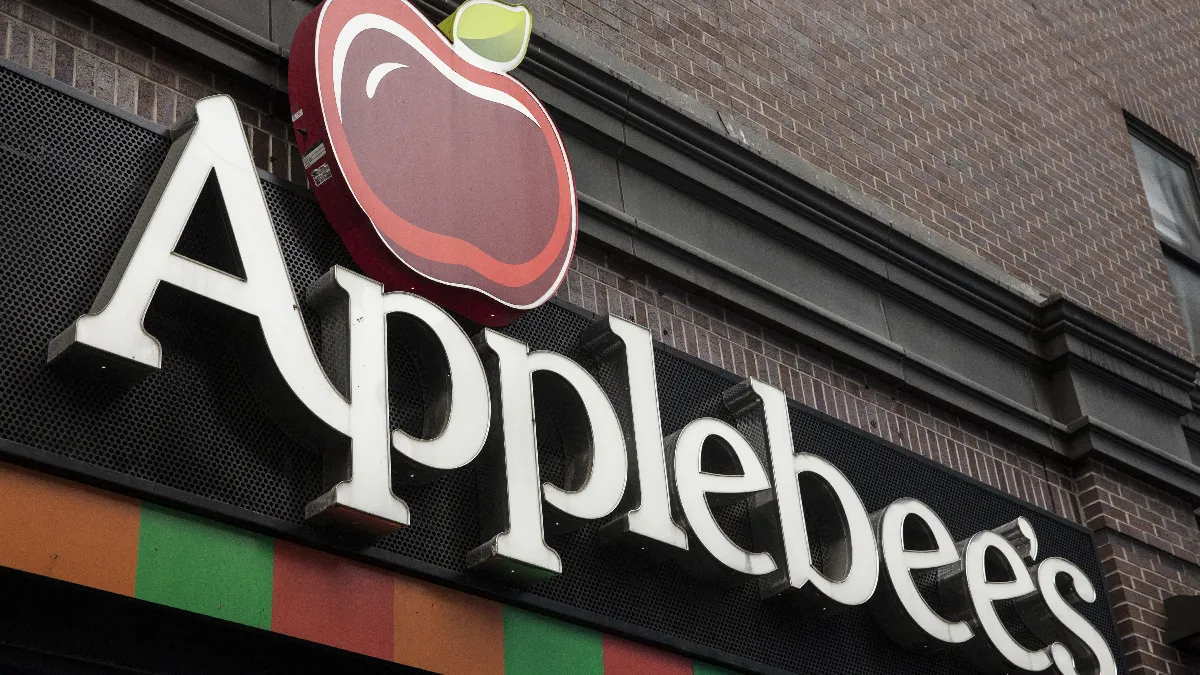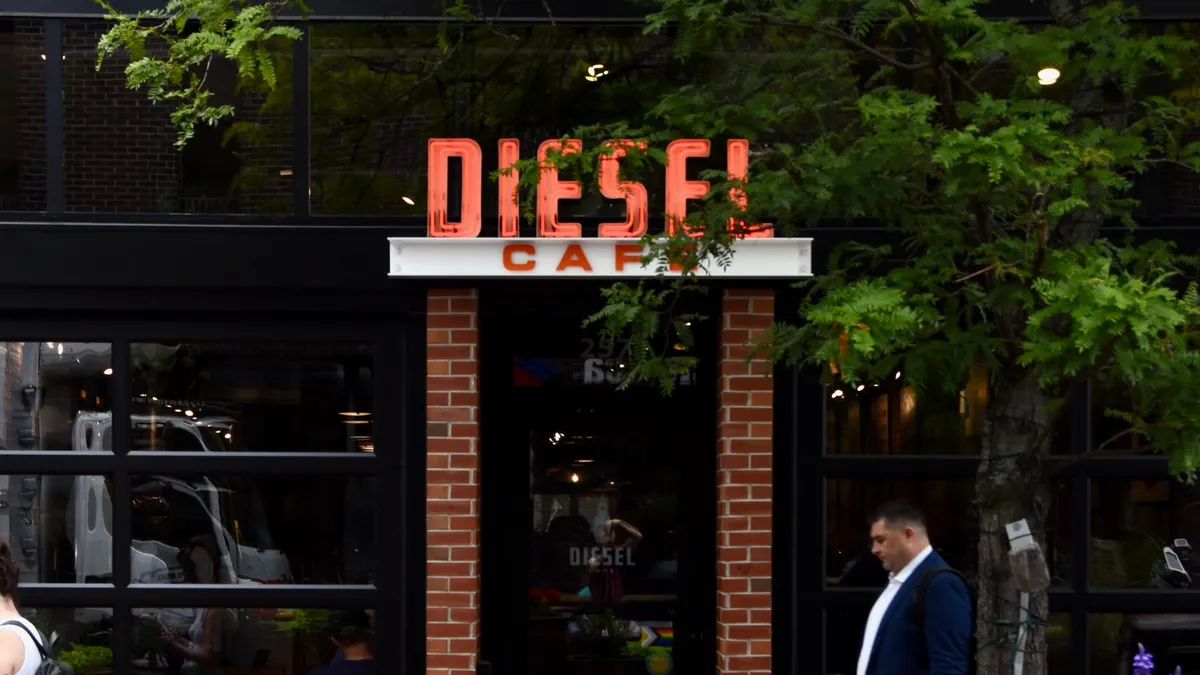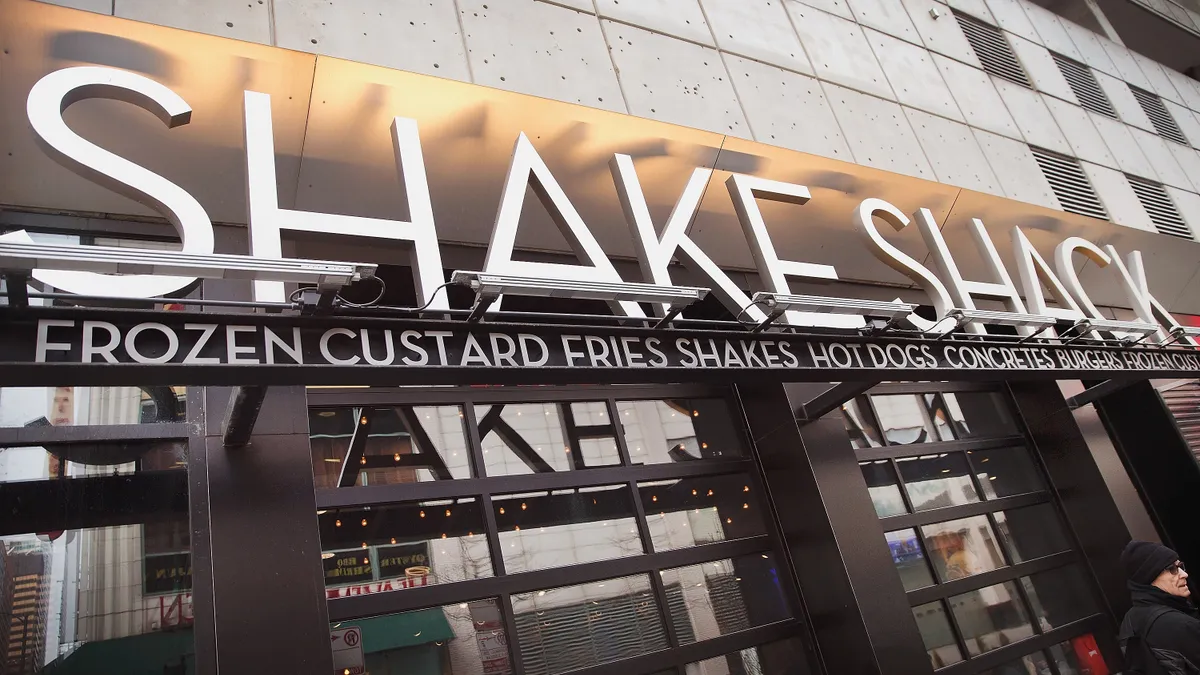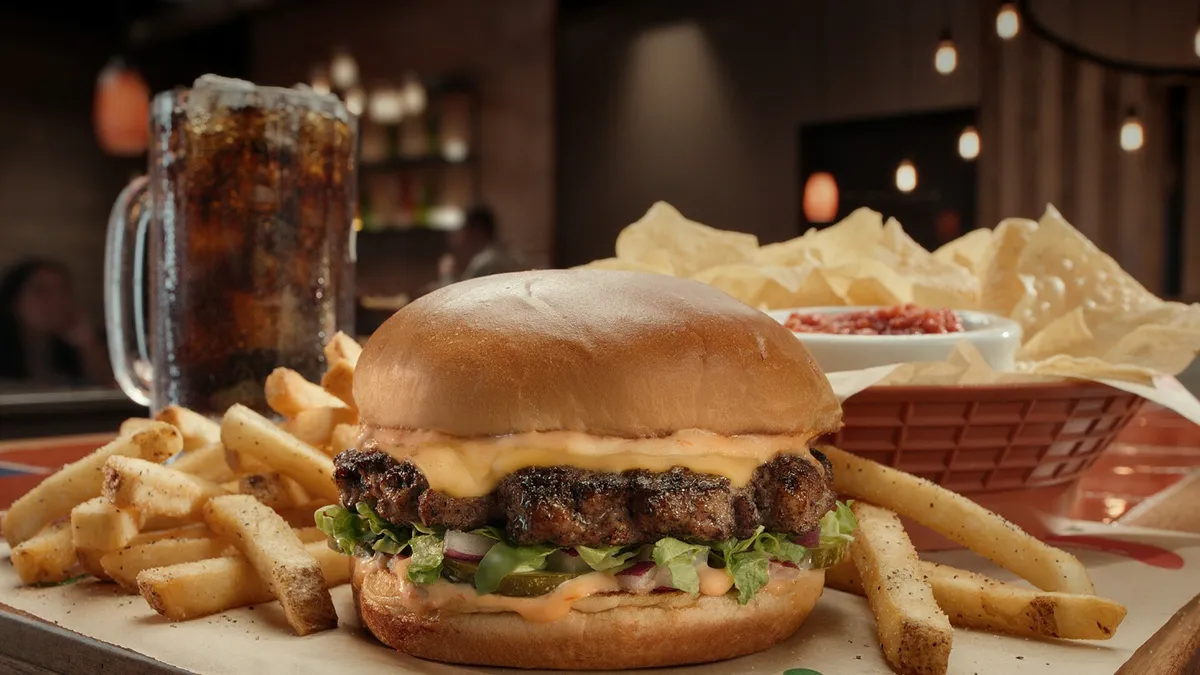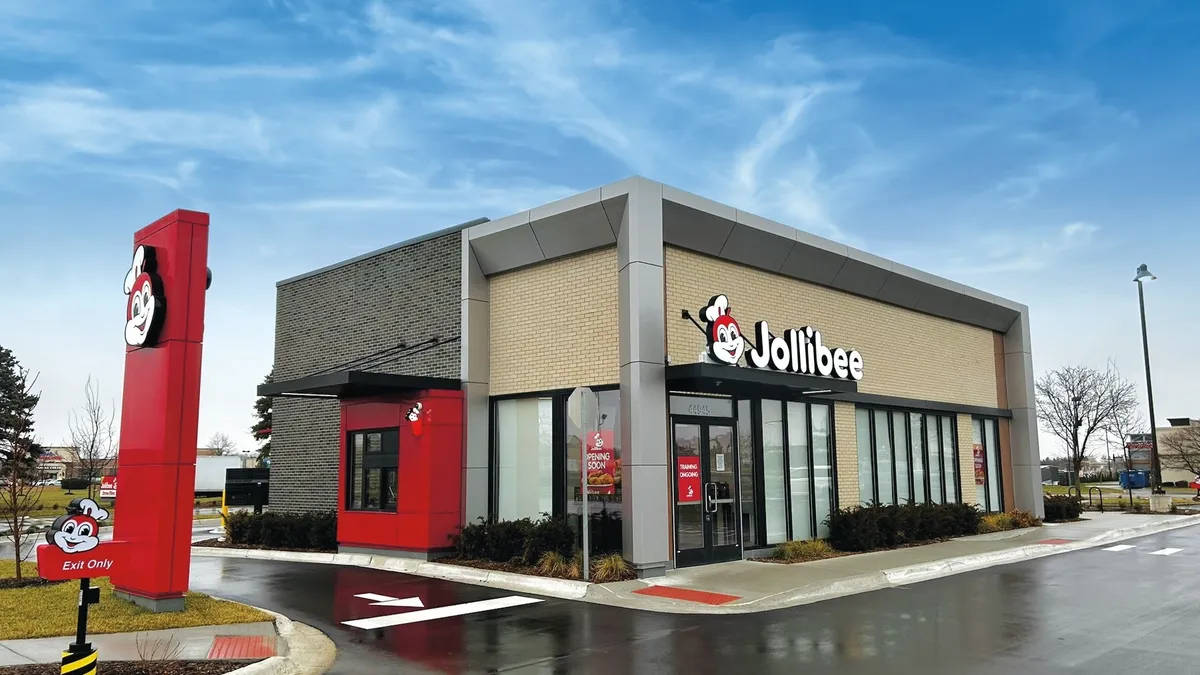Kenny Torrella is the vice president of public engagement at Mercy For Animals.
It seemed too good to be true.
On April Fools’ Day, Burger King announced they would trial a new menu item — the plant-based Impossible Whopper — at their 59 St. Louis-area locations. And if the trial goes well, the company has plans to roll out this beef-free offering to all 7,500 U.S. locations, CMO Fernando Machado told The New York Times Thankfully for animals and the planet, it wasn’t a prank. Made with the 100% plant-based Impossible Burger, this new option is nearly indistinguishable from the conventional Whopper. Don’t just take my word for it — watch this video of loyal Whopper fans who couldn’t tell the difference. One customer, who eats two Whoppers a week, even said: “That’s impossible. It tasted just like a Whopper should taste.”
Now the question is: Will McDonald’s catch up?
While McDonald’s boasts almost twice as many locations, Burger King has been ahead of the curve in meeting consumer expectations and demand on matters of social responsibility. The Impossible Whopper is just the latest sign of Burger King’s foresight, as sales of plant-based meat have grown 23% between 2017 and 2018, whereas beef and poultry production rose only 3.8% last year. In fact, two out of three Americans surveyed want to eat reported they are eating less meat. By failing to offer a high-quality plant-based burger, McDonald’s is missing out on a major segment of the market — not to mention heaps of positive PR.
Why they haven’t tapped into the power of plant-based foods in the U.S. just yet is anyone’s guess, but perhaps they’re waiting to see how their competitors fare. So far, all signs point to success. A spokesperson for White Castle told the New York Times that the company beat their goals for Impossible Slider sales. The Canadian burger chain A&W completely sold out of plant-based burgers in late 2018, and earlier this month they sold more than 90,000 in 72 hours. It’s too early to tell how the Impossible Whopper will perform in St. Louis, but a director at the Missouri Farm Bureau — an organization that supports legislation to stifle plant-based market growth — even said that the Impossible Whopper is “95 percent [sic] of the way [to tasting just like beef]” and is “ready for prime time.”
Burger King was also among the first major fast foods chain to commit to higher animal welfare standards for chickens. These animal welfare standards have enormous consequences, as 9 billion chickens are raised for meat each year in the U.S. alone, and just a handful of companies — including Burger King and McDonald’s — decide their fates.
The average American chicken is crammed into a windowless warehouse and never sets foot on grass or breathes fresh air. Bred to grow much faster than is natural, chickens raised for meat reach market weight so quickly that many cannot even walk without pain and suffer crippling leg deformities and organ failure.
Despite dozens of animal-science studies, numerous undercover investigations, and commitments from more than 100 companies to sourcing chickens raised in less abusive conditions — including Subway, Panera Bread, and Jack in the Box — McDonald’s hasn't adopted a comprehensive policy on the issue. Yet there’s been enormous pressure. Celebrities from Kristen Bell to Alec Baldwin to Joaquin Phoenix have asked the chain to improve conditions.The nation’s largest animal welfare groups have asked the same thing, as have nearly 300,000 consumers. While animal welfare upgrades will cost money initially, those costs will likely be softened by the reduced rates of illness, lameness, and mortality in the animals. Additionally, McDonald’s enormous buying power could make costs go down as a result of supply and demand. The company’s decision to source cage-free eggs appears to be having this effect on cage-free egg prices, as highlighted in this recent Crain’s headline: “Paying less for cage-free eggs? Thank McDonald’s.”
Despite potential menu price increases, consumers do want animals to be treated better. According to one survey, nearly eight out of 10 Americans agree that food companies should improve their chicken welfare standards, even if it raises the cost of chicken. And often when voters have a say on farmed animal welfare, they enthusiastically support it; citizens in blue states like California and Massachusetts, as well as red and purple states, like Arizona and Florida, have passed ballot initiatives to ban cages for farmed animals.
Simply put, as McDonald’s continues to delay on improving animal welfare standards, they risk falling even further behind consumer sentiment, which is constantly moving in favor of giving animals better conditions. Even the National Chicken Council knows this; a July 2018 survey they conducted found that about three-quarters of consumers are concerned about how chickens are raised for meat. This is why New York state’s comptroller — who oversees the state’s pension fund with more than $300 million invested in McDonald’s –– is urging the company to improve its chicken standards, citing “potential financial and reputational risks associated with McDonald’s chicken welfare practices.”
Again, McDonald’s has led on animal welfare in the past with their cage-free egg policy. And in Finland, Norway, and India, McDonald’s has flirted with vegetarianism, adding plant-based items to the menu. CEO Steve Easterbrook even says McDonald’s is “looking seriously” into serving plant-based burgers at U.S. locations. This is promising news for our planet, which suffers horribly because of our meat consumption.
But the nation’s most profitable fast food chain can’t shirk the greatest responsibility that comes with such economic power: the fate of hundreds of millions of animals. McDonald’s must reconcile their stance on animal welfare and lack of plant-based fare with their commitment to social responsibility. If they don’t, they’ll fail not only animals but consumers, whose beliefs and preferences are changing. McDonald’s could turn an even greater profit by moving on these issues. It would be foolish not to.


